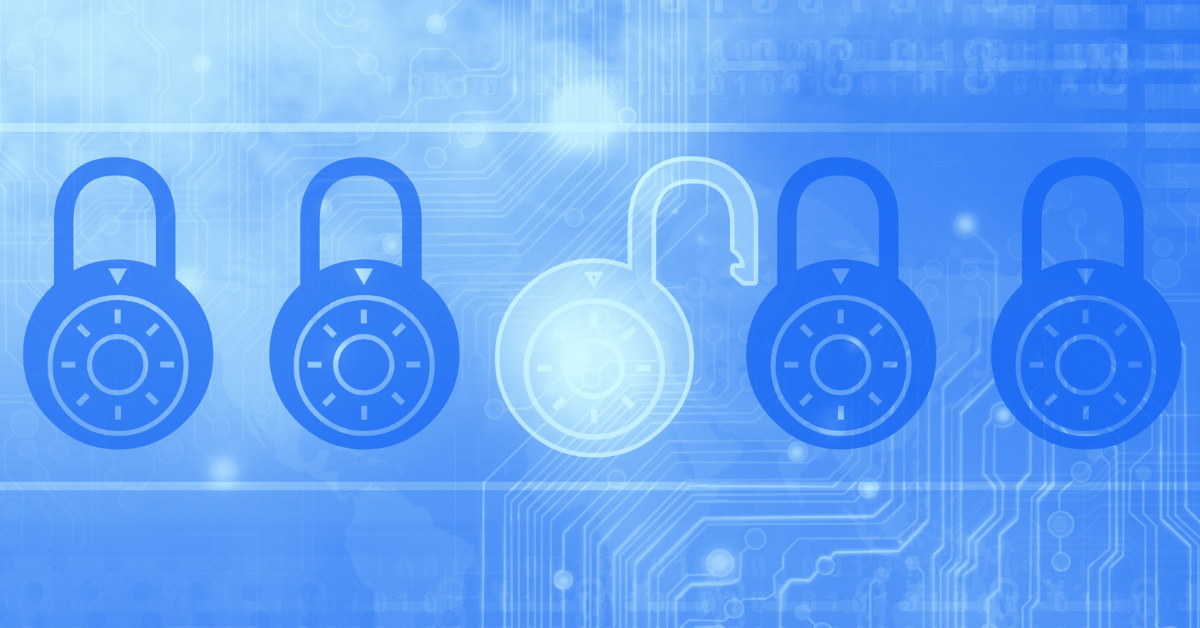These Related Stories
How Millennials Can Protect Themselves from Identity Theft
Share this
.png?width=800&name=Consumer%20Blog%20Image%20(2).png)
3 MIN READ
In late 2017, credit monitoring service Equifax experienced a massive data breach. After all was said and done, 147.9 million consumers were impacted—most having their Social Security Number exposed. This put them at severe risk for identity theft.
According to a 2018 survey by The Harris Poll, nearly 60 million Americans have been victims of identity theft. With data breaches and phishing attacks becoming more and more common, the question on many millennials’ minds is: what can we do to protect ourselves?
Ways Identity Thieves Get Your Information
Identity theft is a crime where your personal information, such as your Social Security Number (SSN), is stolen and used to commit fraud. The thief can use your information to apply for credit cards, open accounts, take out loans, file taxes, apply for government benefits, or get medical services. These acts can not only destroy your credit; they also cost considerable time and money to correct
Unfortunately, many victims of identity theft have no idea that their information has been stolen until they receive a mysterious bill or start getting calls from collections services. At that point, the fight to get their credit restored and name cleared begins. This process often takes months (or even years) to complete.
Identity thieves get their hands on information in a variety of ways, the most common of which are:
- Data breaches: Retailers and major organizations are often the target of thieves, cybercriminals, and opportunistic employees because they have large stores of sensitive personal information. When these data breaches occur, the damage is often extensive — impacting hundreds, thousands, or millions of customers.
- Hacking: Computers, smartphones, and mobile devices are all at risk for hacking. Cybercriminals can install keystroke-loggers or malware onto your operating system without you ever noticing.
- Phishing: Scammers often use emails, telephone calls, or texts to fool consumers into providing personal information by pretending to be someone you trust, such as a bank, the IRS, or major retailer.
- Dumpster diving: Thieves are not above combing through trash to find bills, checks, receipts, and credit card offers containing your personal information.
How We Can Protect Ourselves
Though millennials are a tech-savvy group, and know better than to respond to unsolicited requests for personal information by phone or email, there are still many ways they can reduce the risk of becoming victims of identity theft. These include:
- Don’t carry your Social Security Card on your person—store it in a safe, secure location, such as a fireproof safe within your home. You should only give out your SSN when absolutely necessary.
- Collect your mail as promptly as possible. If your mailbox is not close to your home, consider purchasing a model with a lock. If you’re going to be away from home for several days, place a hold on your mail.
- Keep a close eye on your bills—if they’re late contact the sender immediately. Switch to online billing wherever possible.
- Shred financial statements, credit card offers, receipts, and expired credit cards before recycling.
- Check your credit card and bank statements at least once per week. Ensure you recognize every charge.
- Create strong passwords that are a combination of letters, numbers, special characters, and cases. As irritating as it is, be sure to use a different password for every website. This prevents thieves from obtaining access to all of your accounts in one go.
- When shopping online, use encrypted sites with "https" in the URL. One way you can ensure sites are secure is by installing the browser extension “https everywhere.”
- A surprising amount of personal information can be gathered from social media accounts. Be very careful about what you share—full birthdays, family names, and schools are often used as security questions to access financial accounts.
- Before connecting to a public wi-fi network, update your sharing and firewall settings. Whatever you do, never log in to financial accounts or shop online when using public Wi-Fi.
- Review your credit report to ensure the information stated is accurate. Since you’re entitled to one free credit report every year from each of the three major credit reporting bureaus, request one report every four months to monitor your information throughout the entire year.
- Watch for suspicious activity in regard to your taxes (such as receiving a w-2 from an unfamiliar employer). File your taxes as early as possible to prevent thieves from using your Social Security number to filing first.
When it comes to the theft of personal information, the sooner you detect a problem, the sooner it can be fixed. A combination of awareness and prevention is the best way to protect yourself against identity theft. Be smart, be vigilant, be safe.
 About the Author
About the Author
Liz Greene is a makeup loving, dog hugging, anxiety-ridden realist from the gorgeous City of Trees, Boise, Idaho. You can follow her on Twitter @LizVGreene or catch her latest misadventures on her blog, Instant Lo.
Share this
- Good Financial Reads (924)
- Financial Education & Resources (892)
- Lifestyle, Family, & Personal Finance (865)
- Market Trends (114)
- Investment Management (109)
- Bookkeeping (55)
- Employee Engagement (32)
- Business Development (31)
- Entrepreneurship (29)
- Financial Advisors (29)
- Client Services (17)
- Journey Makers (17)
- Fee-only advisor (12)
- Technology (8)
Subscribe by email
You May Also Like

Freeze Your Credit for Free in 45 Minutes to Reduce Your Risk of Identity Theft

Avocado Toast and the Myth of the Financially Illiterate Millennial

